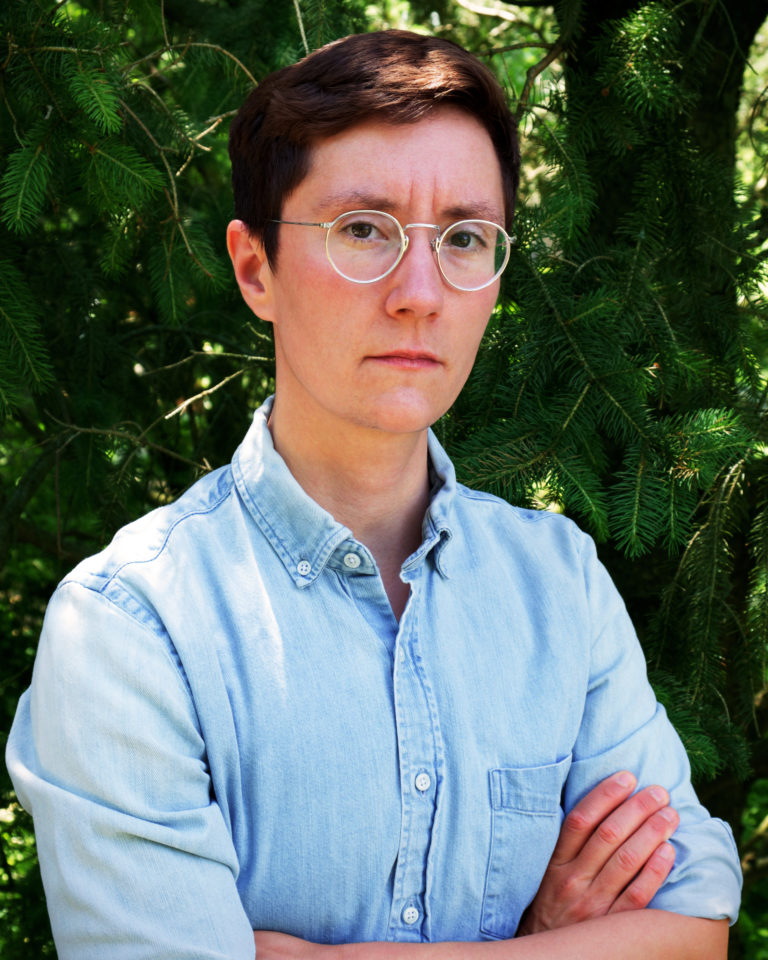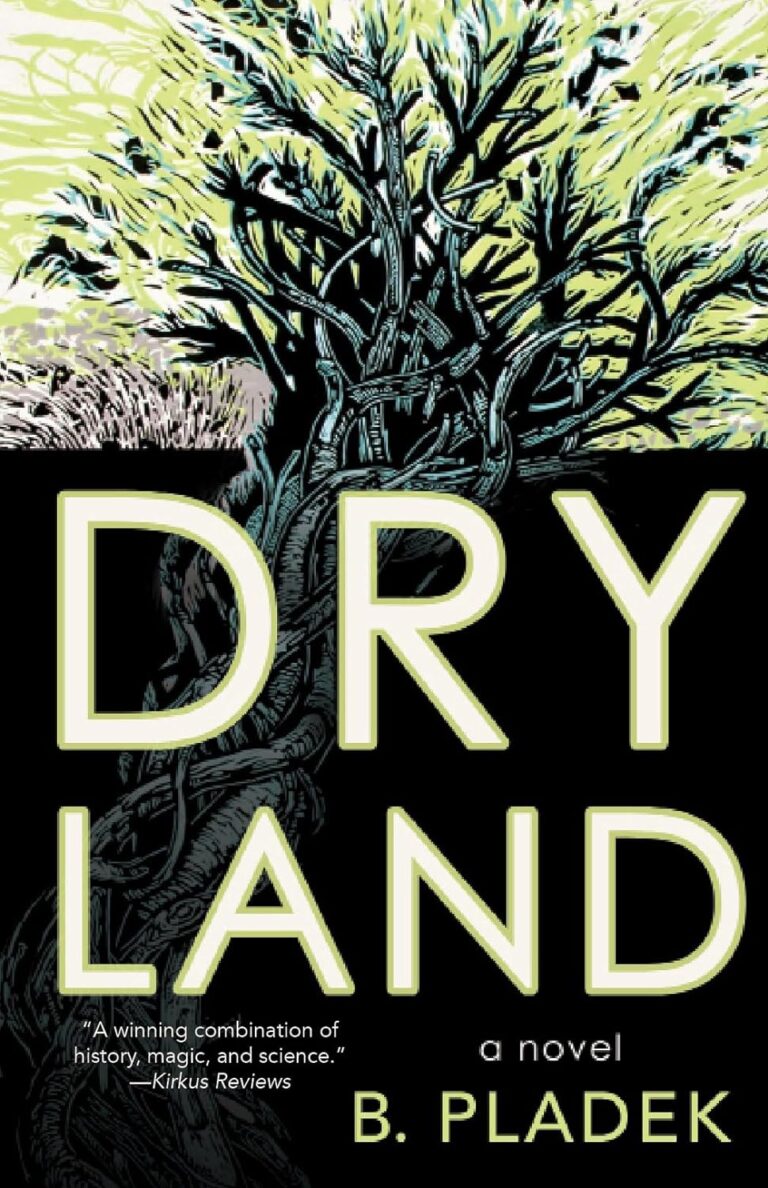
This debut novel from Dr. Ben Pladek centers around Rand Brandt, an idealistic young forester in the north woods of Wisconsin as the Great War rages across Europe. Rand discovers a remarkable gift: his touch can grow any plant in minutes. Overjoyed, he dreams of devoting his life to conservation, restoring to its former glory a landscape devastated by lumbering. At night, Rand tests his powers, pushing his physical limits and revealing his secret only to his lover, Gabriel. But his frequent absences from camp don’t go unnoticed, and it isn’t long before Rand is drafted to grow timber for the war effort. Along with Gabriel, he’s shipped to France—though the army is a dangerous place for two men in love. While at camp, Rand also realizes the true price of his gift: everything he grows withers and dies, leaving the soil empty of all living matter. Horrified, he throws himself into ever more self-destructive trials, buckling under the pressure of so many secrets. In order to survive, he must confront the terrifying possibility that his gift is actually a curse, upending everything he believes about nature, love and himself.
Learn more or purchase this book on University of Wisconsin Press
Pladek answered some questions about his new book, including his favorite part of the writing process, where the idea came from and how the book advances his teaching.
How would you describe the book in one sentence?
“Dry Land” is a speculative historical about a young conservationist in WWI Wisconsin who discovers a remarkable gift: the ability to grow any plant with his touch.
Is this your first book? What is your publishing history?
My first book was a scholarly monograph about British Romantic poetry titled “The Poetics of Palliation” (2019, Liverpool University Press). Prior to publishing “Dry Land,” I had published a number of scholarly articles, as well as short stories in magazines of speculative fiction like Strange Horizons, Lightspeed and Slate Future Tense Fiction.
Where did the idea for this book come from?
The idea originated in a short story about magical conservationists I published in 2018. The novel’s deeper inspiration was my move to Wisconsin in 2014. My husband and I began hiking all over the state and I fell in love with some of Wisconsin’s natural landscapes; I began reading about the state’s fascinating conservation history — for example, the dredging and refilling of Horicon Marsh in the early 20th century.
What was your favorite part of the writing/editing process?
I really enjoyed trying to capture the nuances of some particular Wisconsin landscapes I loved, like Horicon Marsh, the Lost Lake esker and the Baraboo hills.
What do you hope to accomplish with this book?
I think the core goal of any creative writer is to write a book that people enjoy reading. More specifically, I wanted to explore the intersection of several of my interests: the history of ecology, WWI, queer history and Wisconsin nature. I also wanted to tell an ecological anti-superhero story. The book’s main character, Rand, understandably but naively thinks his magic plant power will undo a century of deforestation. He ultimately learns that fast, easy, seemingly miraculous solutions for environmental problems are no substitute for a deep, communal relationship with the land.
How does this book advance or complement your research and/or teaching?
The book’s meditations on nature come directly out of a class I teach every fall called “Romanticism and Nature.” It’s about how British Romantic thinkers influenced what anglophone people think “nature” is and means. We visit Milwaukee’s Urban Ecology Center to challenge some persistent Romantic ideas — ideas Rand also struggles with — about nature, like the notion that the only real nature is wilderness, or that humans and nature are inherently separate.
If you have recently published a book, or if you have one coming out, we would like to feature your publication in an upcoming Marquette Bookshelf feature. More information on the submission process is available online.
Book Details
- Publisher: University of Wisconsin Press; First Edition (Sept. 26, 2023)
- Language: English
- Paperback: 264 pages
- ISBN-10: 0299343944
- ISBN-13: 978-0299343941



